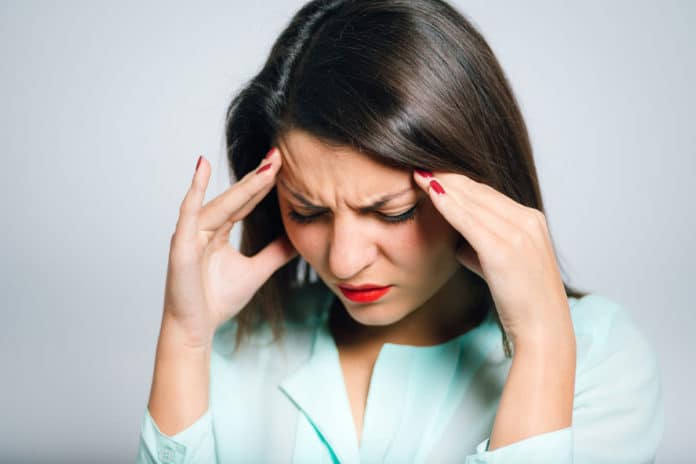In a new study, scientists evaluated the role of caffeinated beverage intake as a potential trigger of migraine headaches on that day or the next day. The study found that drinking three or more caffeinated beverages is more likely to cause headaches in patients with episodic migraine.
The study involved 101 adults with episodic migraine. During the investigation, scientists asked patients to complete electronic diaries every morning and evening. Ninety-eight participants completed at least six weeks of diaries from March 2016-October 2017. Every day, participants reported caffeinated beverage intake, other lifestyle factors, and the timing and characteristics of each migraine headache.
Scientists then compared a participant’s incidence of headaches on days with caffeinated beverage intake to the incidence of migraines among the same individual with no intake, accounting for a day of the week. Then by utilizing conditional logistic regression, scientists estimated odds ratios (OR) and 95% confidence intervals.
Baseline data had indicated that participants typically experienced an average of five headaches per month; 66 percent of them usually consumed one to two servings of caffeinated beverages daily, and 12 percent drank three or more cups. During the six-week study period in 2016-17, participants experienced an average of 8.4 headaches. All reported having caffeinated beverages on at least one day during the study, with an average of 7.9 servings per week.
Suzanne M. Bertisch, MD, MPH, principal investigator of the study, at the Division of Sleep and Circadian Disorders, Brigham and Women’s Hospital and Harvard Medical School, Boston, MA, USA said, “To date, there have been few prospective studies on the immediate risk of migraine headaches with daily changes in caffeinated beverage intake. Our study was unique in that we captured detailed daily information on caffeine, headache, and other factors of interest for six weeks.”
These findings suggest that the impact of caffeinated beverages on headache risk was only apparent for three or more servings on that day and that patients with episodic migraine did not experience a higher risk of migraine when consuming one to two caffeinated beverages per day. Additional research is needed to examine the potential effect of caffeine on symptom onset in the subsequent hours and the interplay of sleep, caffeine, anxiety, environmental factors, and migraine.
Journal Reference
- Elizabeth Mostofsky, Murray A. Mittleman, Catherine Buettner, Wenyuan Li, Suzanne M. Bertisch; Prospective Cohort Study of Caffeinated Beverage Intake as a Potential Trigger of Headaches among Migraineurs. CLINICAL RESEARCH STUDY VOLUME 132, ISSUE 8, P984-991, AUGUST 01, 2019. DOI: 10.1016/j.amjmed.2019.02.015
